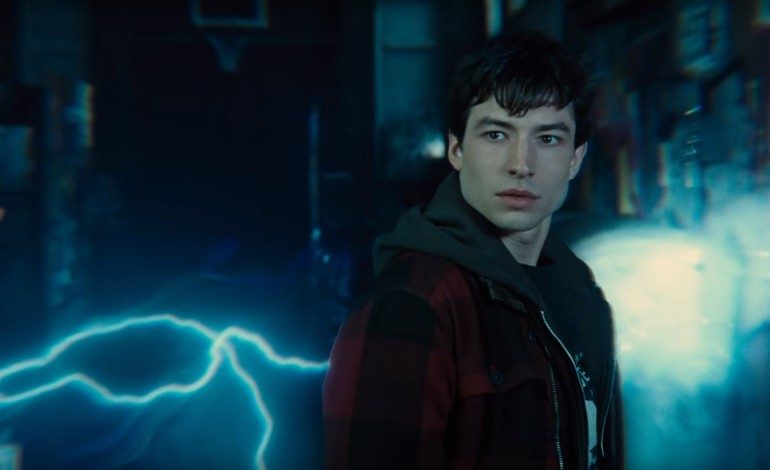

Warner Bros. feature film, The Flash, has lost its director Rick Famuyiwa (Dope). According to an exclusive report by The Hollywood Reporter, Famuyiwa left due to “creative differences” with the studio.
This most likely means that the movie’s production and release will be delayed. It had a tentative release date of March 16, 2018, with Ezra Miller to star as Barry Allen. Famuyiwa had been part of the pre-production since June, and helped to cast Kiersey Clemens and Billy Crudup.
“When I was approached by Warner Bros and DC about the possibility of directing The Flash, I was excited about the opportunity to enter this amazing world of characters that I loved growing up, and still do to this day,” said Famuyiwa to THR.
“I was also excited to work with Ezra Miller, who is a phenomenal young actor. I pitched a version of the film in line with my voice, humor, and heart. While it’s disappointing that we couldn’t come together creatively on the project, I remain grateful for the opportunity. I will continue to look for opportunities to tell stories that speak to a fresh generational, topical, and multicultural point of view. I wish Warner Brothers, DC, Jon Berg, Geoff Johns and Ezra Miller all the best as they continue their journey into the speed force.”
This throws the future of The Flash into unknown territory, although it is perhaps not too surprising that a director left due to “creative differences.” 2015 saw directors become crushed under the weight of their respective superhero features and the pressure from the studios. Rival Marvel has experienced similar setbacks with Edgar Wright (who departed Ant-Man) and Joss Whedon, who took a break from directing and writing for some time after the difficult journey to make Avengers: Age of Ultron. And the ill-fated Fantastic Four reboot leaded to the demise of previously high-rising director Josh Trank (Chronicle).
Maybe leaving The Flash feature will end up being the right decision in hindsight for Famuyiwa. Previous director Seth Grahame-Smith also left in late April, citing again “creative differences.”
